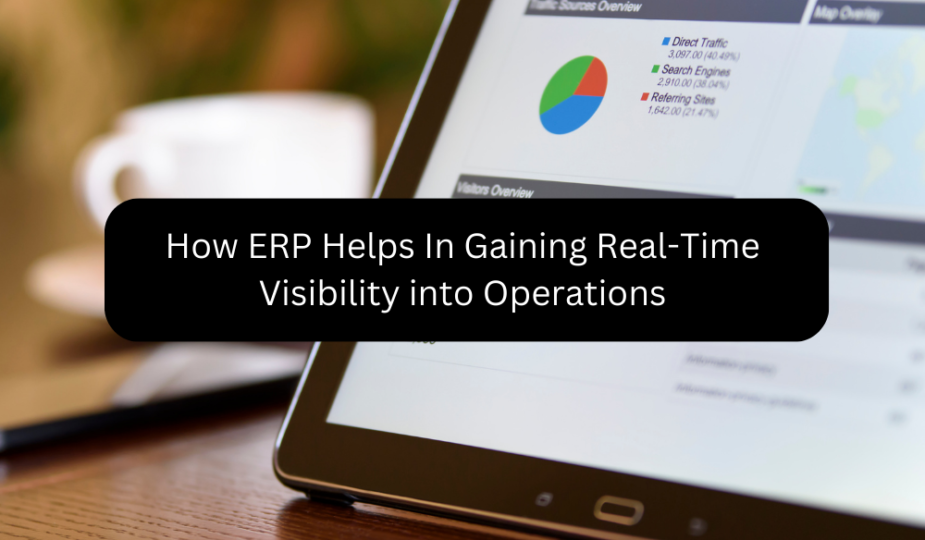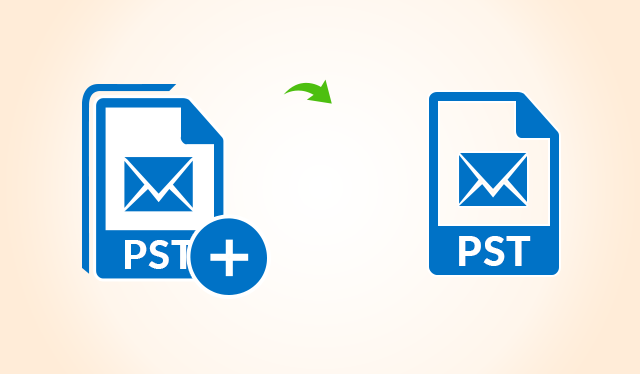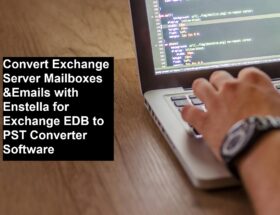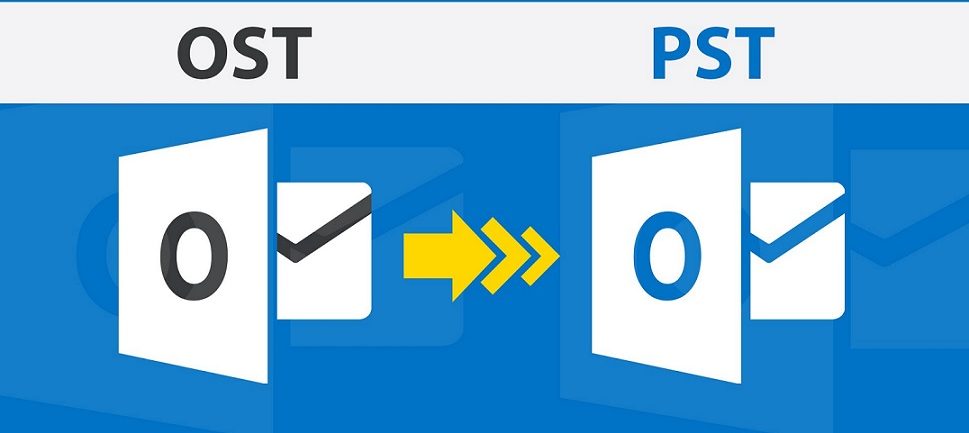ERP Software
ERP software is a business process management software that allows them to manage critical parts of their operations, streamline internal operations, and empower them with real-time insights, and reports, to become agile and competitive in today’s dynamic business environment.
ERP system acts as the Single Source of Truth that provides business intelligence across all functional departments and brings transparency across all business operations. It is made up of integrated modules that add specific capabilities and address different functional needs across multiple departments such as finance, procurement, logistics, and human resources. PSA Software provides real-time visibility into project health, allowing for better resource allocation and improved decision-making. It is a mission-critical tool that can be either deployed on-premise, on the cloud, or in a hybrid combination.
What is Real-time Visibility?
Real-time Visibility means getting up-to-date and accurate knowledge and understanding of the business functions and processes at all stages. For example, in the context of a manufacturing company, real-time visibility may mean tracking the production line, from procurement of raw materials, and production planning, to their conversion to finished goods.
Due to globalization and increasing competition, businesses are under tremendous pressure to meet market demands, adapt to new technological trends & consumer expectations, and deliver high-quality products. Real-time visibility into project progress is crucial for custom software success. With business processes becoming increasingly complex, getting real-time visibility is crucial for companies of all sizes and types, regardless of their location.
Importance of Real-time Visibility into Business Operations & Decision-making
Improved Customer Service
With real-time visibility to customer-centric information, the company can benefit from higher customer satisfaction, enhanced efficiency, and cost savings. Locating customer information, understanding & resolving customer complaints, and finding new cross-sales opportunities, become easier.
Efficient Supply Chain Operations
Transparency in Supply Chain operations enables businesses to get a clear view of all processes involved from inventory management to product shipments. The use of this information can help reduce delays, improve customer satisfaction, minimize supply chain costs, and proactively take measures to prevent disruptions.
Swiftly Respond to Market Changes
Businesses that rely on up-to-date and accurate data enjoy a competitive advantage over those that rely on delayed and obsolete data. With an abundance of data about the latest market trends, consumer expectations, and technological advancements, they can adapt their strategies accordingly and swiftly respond to new changes.
Data-driven Decision Making
With access to accurate and up-to-date information, decision-makers can leverage verified and trusted data which is critical for accurate decision-making. Real-time visibility can be achieved through software development documentation that utilizes collaborative editing tools and automated status updates. They can quickly react to problems, identify bottlenecks, prevent business disruptions, improve efficiency, and generate reports based on up-to-date information. Data-driven decision-making helps businesses align with their strategic goals, and ensure decisions are based on logic and solid data sources instead of assumptions and opinions.
Reducing Regulatory Violations
Regulatory compliance is a complex process, mainly because it involves a wide spectrum of areas and new acts & regulations are set forth by governing bodies. End-to-end visibility into regulatory aspects helps businesses align with evolving regulations and avoid legal penalties, fines, lawsuits, and reputational damages.
How ERP Helps Businesses Gain Real-time Visibility?
Single Source of Truth
ERP software populates data from different departments and builds a centralized repository of information that provides valuable insights and tools to make informed decisions. For example, the enterprise-wide singular data model provides easy access to automatically generated financial reports, a host of reports, and customized dashboards, which help decision-makers get a complete and accurate picture of the financial health and position of the organization. Besides, this unified system of data management improves cross-departmental collaboration with accurate and up-to-date business data.
Read: How to Pick the Best Travel Backpack for Women
GAAP-compliant Analytical Reports
ERP captures real-time data from different sources, integrates business intelligence, and provides a wide range of custom and analytical reports. For example, the accounting and financial modules provide up-to-date audit trails, and financial reports that are compliant with the industry-standard Generally Accepted Accounting Principles (GAAP). GAAP compliance helps businesses follow international standardizations in classifications, and assumptions, and adhere to the best accounting practices. Moreover, the streamlined workflows and accounts payable & receivable management help reduce manual work, and inaccuracies, leading to simplification of the complex accounting procedures.
Information Transparency & Traceability
ERP solution tracks the information at every level and brings traceability throughout the entire procedure. With access to detailed logs from start to finish, businesses can draft effective strategies that result in lower production defects, quick identification of problem origins, reduced waste, and reduction in return costs. For example, end-to-end traceability into the production process helps food companies reduce waste, track ingredients, ensure food safety, and comply with food safety regulations.
Precise And Accurate Forecasting
ERP streamlines various manufacturing activities and enables the company to make demand forecasts based on real-time market trends, demand-supply fluctuations, and historical data. ERP offers a range of forecasting tools that can predict demands, expenditures, and capital requirements, just to name a few. It uses various qualitative and quantitative techniques to prepare demand forecasts and estimate future demands. Accurately forecasting future demand can make the business agile and reduce waste & production costs.
Cost Planning
Cost planning and estimation are essential aspects of project management. It is a process of evaluating the desirability of various business projects and weighing their potential benefits and costs. Cost Planning helps businesses cut unnecessary costs, better allocate resources, and create a detailed document that breaks down various expenses. ERP systems offers robust tools that help businesses monitor costs, and perform financial planning & cost analysis. Businesses can identify new cost-saving opportunities, allocate resources more efficiently, plan budgets, and minimize overspending.
Summing Up
Gaining real-time visibility is critical for businesses to track the performance of various business functions, find problem areas, identify potential bottlenecks, and improve efficiency. ERP builds a centralized database with real-time data monitoring features that allow businesses to get a 360-degree business view, and quickly respond to new challenges and threats.
Sage X3 is a game-changer for modern businesses working in today’s fast-paced, dynamic, and competitive business environment. With access to business intelligence, data analytics, reporting, and other robust features, it empowers your business with cost-effectiveness, reduced manual work, and improved operational efficiency that ultimately elevates it to new heights. You will have access to business insights that enhance your decision-making, and readily respond to any changes.
Author’s Bio:
Sneha Rakte is a specialist in communication who excels at recognizing client requirements. She currently works with Sage Software Solutions, an industry leader in supplying small and medium-sized enterprises in India with high-quality ERP software and CRM solutions.










